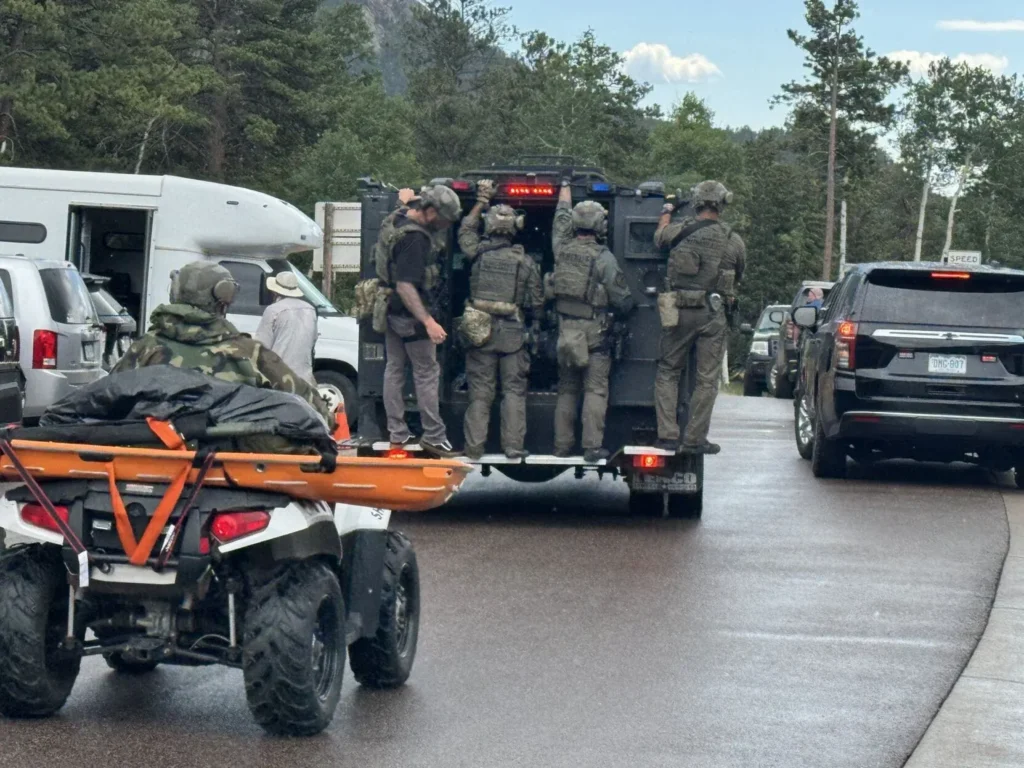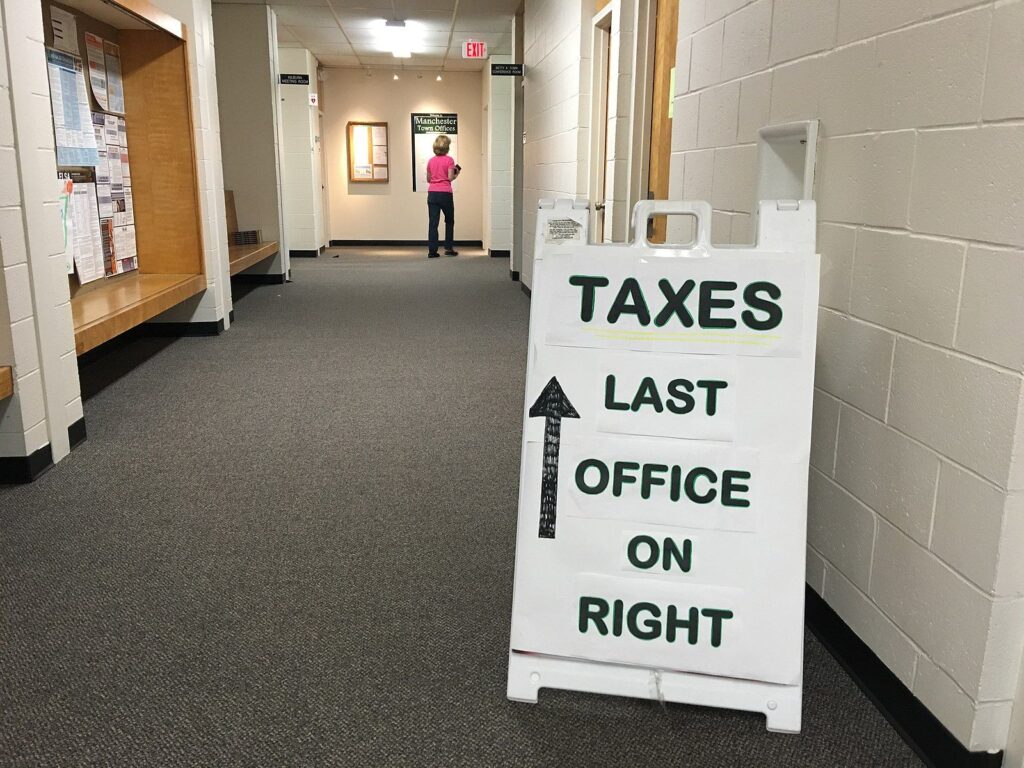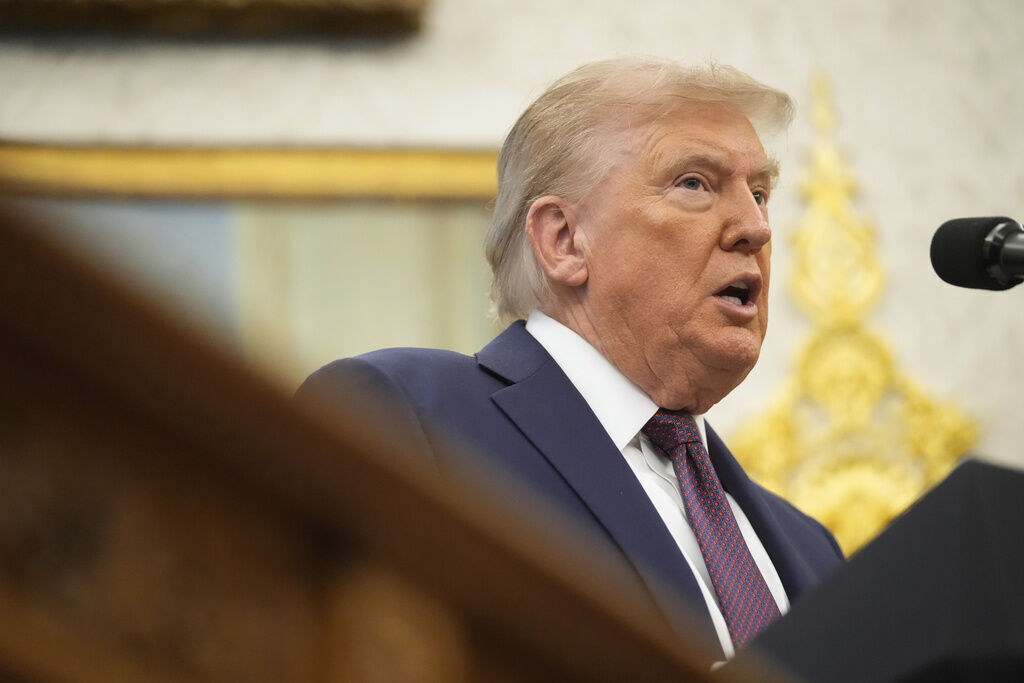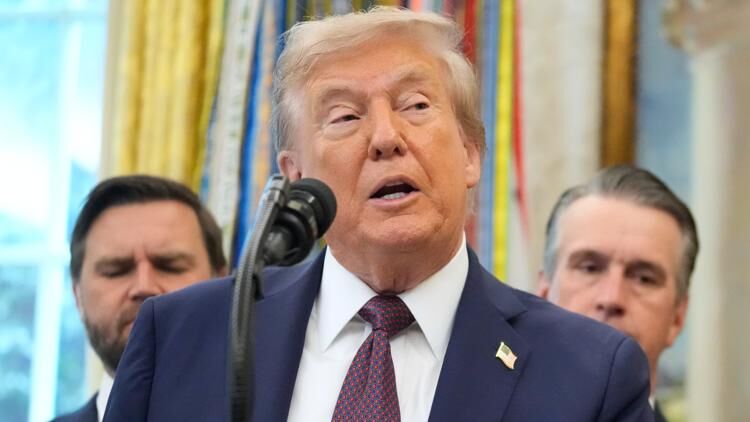Council’s tax hike proposal will make Denver’s sales tax highest in metro area
Councilmembers are pushing for a sales tax hike to help fund Denver Health that, if approved, would make Denver the highest-taxed major city in the wider metro area.
The proposed 0.34-point hike would put Denver’s total sales tax rate above the 9% mark — to 9.15%.
That would make Denver one of the highest taxed municipalities in the state, higher than Boulder’s, with only the ski and mountain towns surpassing it.
Some councilmembers worry that Denver voters would recoil at the prospect of a tax hike.
Councilmember Kevin Flynn said Denver voters have previously been “generous,” but he worries the proposed tax hike may be a bridge too far.
His said he worries stem from fears that, in addition to this sales tax, another pair of proposals — which were not discussed at Wednesday’s meeting and not yet public — will also go to Denver voters, putting the total tax rate, along with the 0.34-point increase, at 9.61%.
Denver is currently the 12th highest taxed municipality in the metro region and nearby localities. Here are the top 10:
-
Empire (10.55%)
-
Idaho Springs (10.55%)
-
Georgetown (10.05%)
-
Nederland (9.44%)
-
Commerce City (9.25%)
-
Lafayette (9.06%)
-
Boulder (9.05%)
-
Louisville (8.97%)
-
Blackhawk (8.9%)
-
Central City (8.9%)
Fairplay also has an 8.9% tax rate and is tied for 10th place with Blackhawk and Central city.
Denver is the 51st highest taxed city or town in the state. Here is the Top 10 statewide:
-
Winter Park (11.2%)
-
Empire (10.55%)
-
Idaho Springs (10.55%)
-
Red Sky Ranch Metro District (10.4%)
-
Silverton (10.4%)
-
Snowmass Village (10.4%)
-
Silverthorne Unincorporated-Summit (10.38%)
-
Georgetown (10.05%)
-
Arrowhead Metro District (9.9%)
-
Mt. Crested Butte (9.9%)
Should voters approved the tax hike to help fund Denver Health, the city will have the sixth highest tax rate in the metro area and the 30th in the state. And if the public all all three tax increases, Denver will have the fourth highest taxes in the metro region and the 11th highest statewide.
Flynn noted that one of the two additional sales tax increase proposals may not appear before voters this year. He said two of the proposals are still being discussed internally, and the details are not yet ready to be made public.
“I have a serious concern about burdening Denver taxpayers, and I know that some visitors pay Denver sales tax, as well,” he said. “Every time I pay my mortgage, and my property taxes are in that, it goes to pay off bonds that have built capital construction at Denver Health.”
Flynn asked how much Denver property taxpayers have paid for capital projects at Denver Health, but no staffers were able to immediately answer his question.
The councilmember said he has yet to receive those numbers as of Thursday.
Despite his skepticism for the tax hike, Flynn reiterated his support for Denver Health during the committee meeting, calling it a “very needed resource in our community.”
Denver Health is a network of healthcare providers throughout the city and includes clinics in schools and other services. In addition to operating a hospital with a Level 1 trauma center — the highest level of surgical care for trauma patients — the health system also operates Denver’s corps of paramedics and the Rocky Mountain Poison and Drug Safety Center, among others.
As a “safety net institution,” Denver Health also treats patients with no insurance and no way to pay for the care they receive. It also cares for non-residents of Denver who may be injured in the city.
Denver Health has provided “billions in uncompensated care,” according to its website and staff members. The health system’s budget for 2024 stands at $1.4 billion.
In January, Denver Health said it saw $10 million in additional “uncompensated care” in the last year, which the health system largely attributed to the tens of thousands of medical visits from immigrant patients from South and Central America. The rise in costs coincides with — and health officials attribute to — the unprecedented number of immigrants, who have crossed America’s border illegally and arrived in Denver.
“Overall, these patients don’t have medical insurance,” said Dr. Taylor McCormick, associate director of Pediatrics Emergency Medicine at Denver Health. “Denver Health is eating the cost for many of these visits.”
Uncompensated care includes health services that are provided, but not reimbursed, often because patients lack medical insurance or the ability to afford the cost of care. Denver Health does not track — nor does it ask — the immigration status of its patients.
The institution has not been profitable, or even breaking even, for many years, staffers for both the city and Denver Health said.
Against that financial backdrop, a study conducted by Ernst and Young found Denver Health often outperformed other safety net institutions in terms of “quality, patient experience and readmissions,” despite “financial challenges,” Donna Lynne, CEO of Denver Health said, quoting the report.
Last year, the Denver provided $30.7 million to Denver Health.
Other safety net hospitals get about four times that amount at $112 million on average, Lynne said.
“The average hospital system is getting about 11% in support from their partner government. We are getting 2.39%,” she said. “Last year, 2023, for the city and county of Denver our uncompensated care is $103 million again against a contribution of $30 million.”
With a 0.34-point tax increase, the Department of Finance estimates the city would find $70 million for Denver Health.
Though only a drop in the bucket of Denver Health’s operating budget, “everything helps at this point,” said Council President Jamie Torres, who cosponsored the legislation with Councilmember Serena Gonzales.
The money generated from the tax increase is intended to help sustain “public facing” services at Denver Health, rather than fully funding it, she said.
Additionally, Torres cautioned that the total amount raised by the sales tax increase may be lower than $70 million, especially in light of an uncertain budgetary future that may force budget cuts so the city can maintain a balanced budget in 2025.
That $70 million is the same amount that the city has so far spent on the illegal immigration crisis. The Johnston administration estimated that the crisis would cost Denver taxpayers $90 million this year.
Torres defended the prospect of a sales tax increase, even against the backdrop of high inflation, soaring property taxes and increasing costs of necessities.
She said some of Denver’s most vulnerable residents have been hit hard by these changes, but if the city allows Denver Health to flounder, they lose access to medical services, which are “inevitable and unavoidable” in some cases.
“We cannot allow our (safety net hospital) to shrink or fail. Denver voters have voted yes to increase our sales tax for things we know our community needs — housing, food, climate, preschool, college, mental health,” she said. “We do not increase (taxes) for frivolous or unnecessary needs.”
Despite his reservations on tax increases, Flynn approved sending the item to the full council. It is extremely rare for an item to be killed in committee.
Flynn is not worrying about other, surrounding cities’ tax rates, just Denver’s, he said.
He is, however, wary of the budgetary shortfalls predicted for 2025.
“Our sales tax revenues are already falling short of our projections and that has me concerned for our general fund,” he said. “It might be time to look at putting a ceiling on our sales tax rates.”











